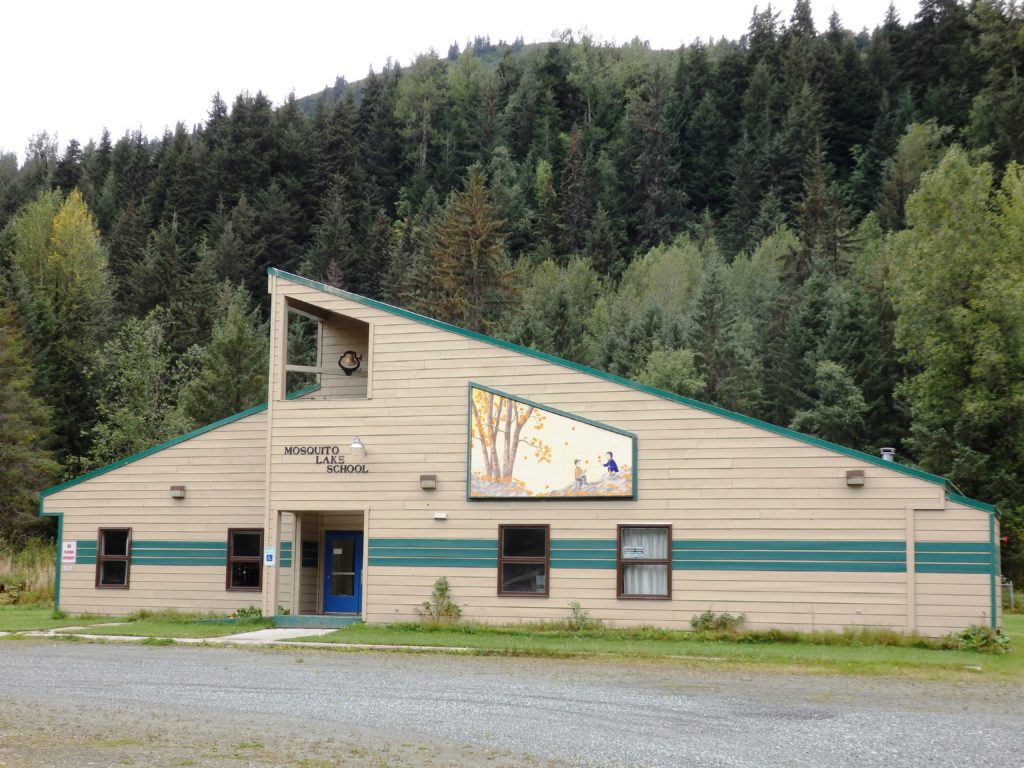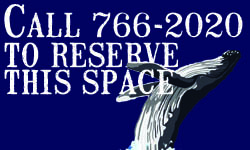Eugene “Buzzy” Peltola Jr.’s fatal plane crash on Tuesday is yet another point in Alaska’s grim aviation statistics.
A 2021 investigation from ProPublica and Unalaska public radio station KUCB found that since 2016, 42% of U.S. deaths from small aircraft crashes occurred in Alaska, up from 26% in the early 2000s.
“I don’t think we ever really want to accept it, though, because we know that there are ways to make aviation safer,” said longtime Alaska journalist and writer Charles Wohlforth.
High-profile Alaskans aren’t immune; many political figures and their loved ones have died in crashes. In 1972, a small plane carrying then-Congressman Nick Begich, then-U.S. House Majority Leader Hale Boggs, a staffer and a pilot disappeared in the Portage area.
In 1994, Alaska Department of Public Safety Deputy Commissioner Claude Swackhammer and a state trooper died in a plane crash near Haines.
In 2010, Alaska’s longest-serving U.S. senator, Ted Stevens, was among five people killed when a floatplane crashed north of Dillingham. He had survived a plane crash in Anchorage in 1978 that killed his first wife and four others.
In 2020, state Rep. Gary Knopp was among the seven people killed in a midair collision on the Kenai Peninsula.
“Some of these crashes are like markers in our history,” Wohlforth said. “I mean, you think about the Begich-Boggs crash, which really changed the course of history. … You know, the Ted Stevens crash, again, a hugely impactful event.”

Mary Peltola hugs her husband, Eugene Peltola Jr., as results are tallied on Aug. 31, 2022. (Matt Faubion/Alaska Public Media)
Wohlforth said everyone who’s lived in Alaska a long time knows someone who’s died in plane crashes. He was a child living in Juneau when the state’s worst aviation disaster unfolded.
In 1971, a Juneau-bound Alaska Airlines plane crashed near the capital city, killing 111 people. Wohlforth remembers helicopters flying into town with bags hanging beneath them with what he figured were crash wreckage and remains.
“Everybody knew lots of people on that plane, because Juneau’s a small town,” he said. “I mean, all these crashes are indelibly in our memory. And there’ve been so many of them. And yet, you know, it’s something we really can’t get used to, shouldn’t get used to.”
He said Alaskans shouldn’t accept the high rate of aviation wrecks.
“It’s a danger to say, ‘This is just a cost of doing business,’” he said. “I think certainly, there will always be crashes, but it’s important not to be numb to it. You know, maybe this is a really good time to reapply ourselves and look again at what’s causing this.”
View Original Story by Jeremy Hsieh









